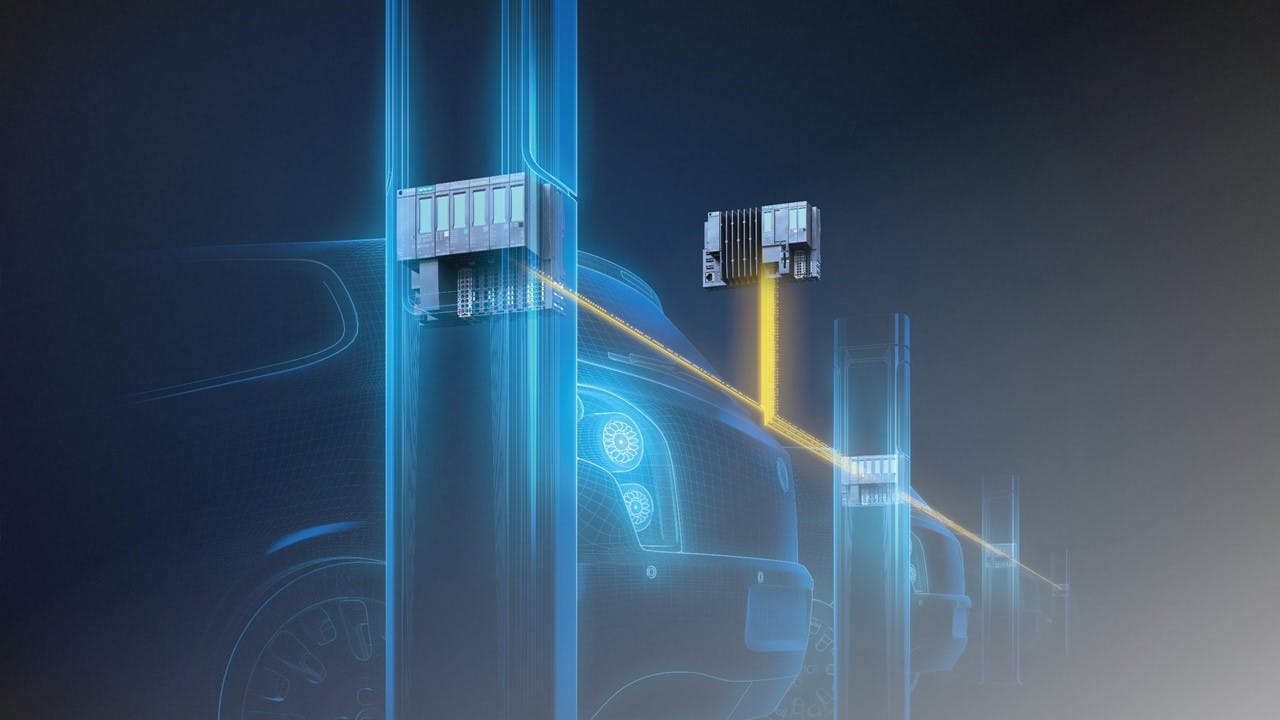The demand for sustainable, effective transportation is being felt by both automakers and consumers because of the rapid adoption of electric vehicle technology. However, creating embedded software for EVs is not simple. There are many obstacles to overcome, ranging from charging protocols to battery management systems.
Watch this free webinar to explore trends and powertrain systems and delve into each of the four main challenges faced in EV embedded software development while discovering possible solutions to overcome them.
Challenges in EV embedded software development
EVs are becoming increasingly popular worldwide as more people become aware of their benefits. Despite all the attention surrounding the latest automotive technology, there are still numerous challenges associated with EV embedded software development that need to be overcome including challenges in architecture, security, hardware safety, and charging protocols. These challenges can make it difficult to design a system that is both efficient and reliable.
The Critical Role of Embedded Software in EV Battery Management Systems
The development of embedded software for battery management systems (BMS) in electric vehicles (EVs) is a complex yet crucial task. This task demands an integrated development approach, essential for fostering collaboration, ensuring traceability, and managing workflows to meet stringent quality and regulatory compliance standards. The software must effectively handle various aspects such as charging and discharging rates, temperature control, and energy optimization to ensure the overall reliability and longevity of the EV battery. As the EV market grows, the innovation and refinement in BMS embedded software development continue to be pivotal in advancing EV technology.
An integrated approach to solving complex challenges in EV charging
One of the biggest challenges is the need for an integrated approach to development. This is because EV charging systems involve a complex interplay of hardware, software, and networking technologies. By taking an integrated approach to development, companies can create EV charging systems that are safe, reliable, and efficient. This will help to accelerate the adoption of EVs and make them a more viable option for transportation.
In this webinar, learn about Capital VSTAR multicore solutions that help to realize EV combobox architecture by distributing the functions across multiple cores.
